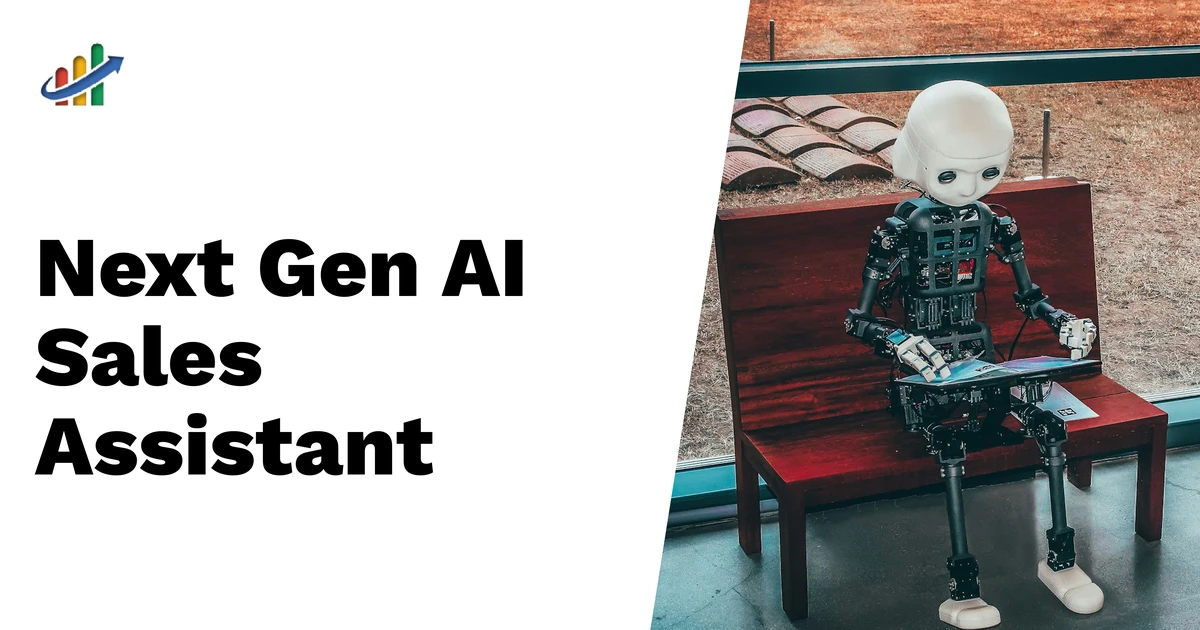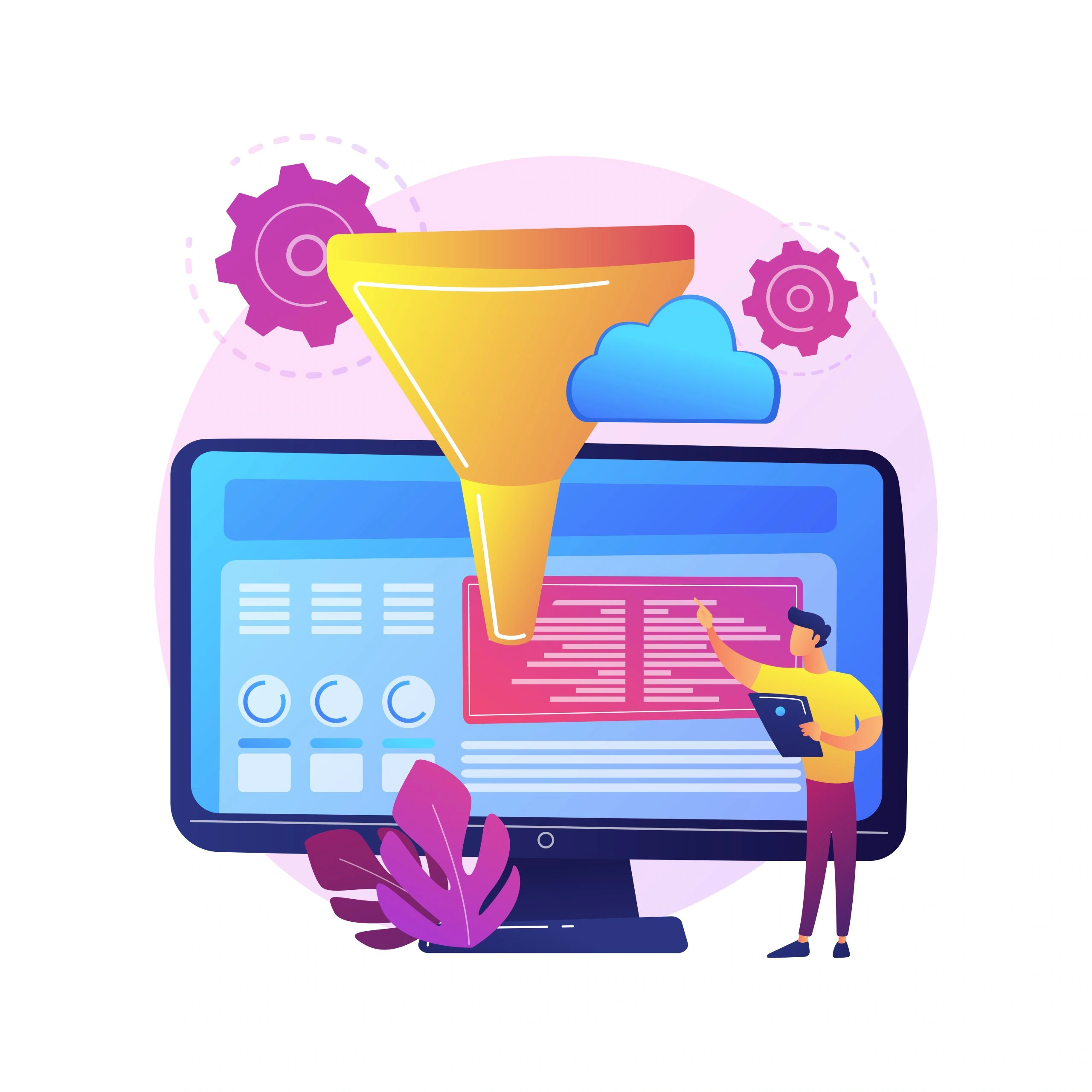Generative AI is revolutionising B2B sales teams by automating tasks and enhancing productivity. By handling repetitive activities like data entry and lead scoring, sales representatives can concentrate more on building relationships with clients. Furthermore, AI personalises content at scale, tailoring communications to individual customer needs. This not only improves engagement but also supports better decision-making through predictive analytics that highlight high-value leads. However, companies face challenges like integration with existing systems and the need for workforce training. Nevertheless, with a strategic approach towards implementation and a focus on ethical use, businesses can significantly optimise their sales processes while maintaining strong customer relations.
Understanding Generative AI in B2B Sales
Generative AI represents a significant advancement in technology, allowing for the creation of content, insights, and the automation of repetitive tasks. In the context of B2B sales, its role is pivotal in enhancing productivity and streamlining processes. By automating mundane tasks such as data entry and follow-up communications, sales teams can concentrate on building meaningful relationships with clients. This shift not only improves efficiency but also allows for more personalised interactions. For instance, AI can analyse customer data to generate tailored emails and proposals, ensuring that communications resonate with the recipient’s specific needs and preferences. Additionally, predictive analytics can be employed to identify high-value leads, enabling sales teams to make informed decisions based on anticipated customer behaviour. Companies like Visa and Amazon exemplify the effective use of generative AI, employing it to not only automate processes but also to enhance customer interaction through personalised experiences. The integration of such technology, however, does not come without challenges, including potential integration issues with existing systems and the need for workforce training. As B2B sales evolve, understanding and leveraging generative AI will be essential for teams aiming to stay competitive in a rapidly changing marketplace.
Benefits of Generative AI for Sales Teams
Generative AI offers numerous advantages for B2B sales teams, significantly enhancing their operations. One of the primary benefits is improved efficiency. By automating repetitive tasks such as data entry and follow-ups, sales representatives can dedicate more time to nurturing relationships with clients, which is vital for closing deals. For instance, automated lead scoring helps identify high-priority prospects, ensuring that sales efforts are focused on the most promising opportunities.
Another significant benefit is the ability to personalise communications at scale. Generative AI can analyse customer data to create tailored emails and marketing materials, which leads to more engaging interactions. This personal touch can make a considerable difference in how potential clients perceive a brand. For example, a sales team could use AI-generated insights to craft messages that resonate with individual customer pain points, thereby increasing the likelihood of a positive response.
Generative AI also enhances decision-making through predictive analytics. By analysing historical data, AI can forecast customer behaviours and identify trends, allowing sales teams to adjust their strategies accordingly. This proactive approach can lead to higher conversion rates and better overall sales performance. Moreover, the cost reduction achieved through streamlined processes can significantly improve a company’s return on investment, making AI a financially sound choice for many businesses.
The implementation of AI-powered chatbots can further augment customer service by providing 24/7 support and answering routine inquiries, freeing up human resources for more complex tasks. As a result, sales teams can maintain a high level of customer engagement without overwhelming their staff. Overall, the integration of generative AI into B2B sales processes not only boosts productivity but also fosters stronger relationships with customers.
- Increased efficiency in lead generation
- Enhanced data analysis for personalised outreach
- Improved forecasting accuracy
- Scalability in managing customer interactions
- Automation of repetitive tasks
- Better insights into customer behaviour
- Streamlined sales processes and workflows
How Generative AI is Applied in Sales
Generative AI is revolutionising B2B sales by automating and enhancing various aspects of the sales process. One significant application is automated lead scoring, where AI analyses behavioural data to dynamically assess and prioritise leads. This allows sales teams to focus on high-value prospects rather than spending time on unqualified leads. Additionally, AI can generate personalised content, such as emails and proposals, tailored to each client’s specific needs and preferences, which not only saves time but also increases the relevance of communications.
AI-powered chatbots are another vital tool in the sales arsenal, providing round-the-clock support for routine inquiries. This ensures that potential customers receive immediate assistance, while sales representatives can devote their efforts to more complex issues that require a human touch. Furthermore, predictive analytics powered by generative AI can anticipate customer behaviour and needs, enabling sales teams to engage proactively, thereby enhancing the overall customer experience.
Companies like Visa and Amazon illustrate the successful implementation of generative AI in their sales strategies. Visa automates shopping tasks to improve efficiency while maintaining personalised interactions, and Amazon uses AI to create tailored shopping experiences based on customer data. These examples highlight how generative AI can significantly enhance productivity and customer satisfaction in B2B sales.
Real-World Examples of AI in Action
Several companies are leading the way in using AI to enhance their B2B sales processes. Visa, for instance, has implemented AI to automate various shopping tasks. This not only boosts efficiency but also ensures that personalised interactions are maintained, allowing customers to enjoy a seamless experience. Similarly, Amazon leverages AI to create tailored shopping experiences. By analysing customer data, it offers personalised recommendations and ensures that human support is available when needed, blending automation with a personal touch.
Another notable example is 6sense, which employs AI in its email solutions. This technology significantly contributes to generating new sales pipelines from marketing-engaged accounts, showcasing how AI can drive growth in a competitive landscape. These examples illustrate the practical applications of generative AI, demonstrating its ability to improve efficiency, personalisation, and ultimately, sales outcomes in the B2B sector.
Challenges in Adopting Generative AI
Integrating generative AI into B2B sales is not without its hurdles. One significant challenge is the integration with existing systems. Many businesses rely on legacy software that may not be compatible with new AI tools, leading to potential disruptions in workflow and inefficiencies. Additionally, the cost of implementation can be daunting, especially for smaller organisations. The initial investment in AI technologies, along with ongoing maintenance fees, can strain budgets and deter companies from making the leap.
Another critical factor is workforce training. Employees may feel apprehensive about adopting AI, fearing it could replace their roles. This resistance can stem from a lack of familiarity with the technology or misconceptions about its purpose. To overcome this, companies must invest in comprehensive training programmes that not only educate staff about the functionalities of AI but also highlight how it can enhance their work rather than render it obsolete. Without addressing these challenges, the potential benefits of generative AI may remain untapped.
Strategies for Effective AI Integration
To effectively integrate AI into B2B sales teams, organisations should begin with a phased approach. Starting small allows teams to identify specific areas where AI can deliver the highest return on investment, such as automating lead scoring or generating customised content. Investing in thorough training for staff is crucial; by equipping employees with the knowledge to use AI tools effectively, companies can foster an environment that embraces innovation rather than fearing job displacement. Moreover, prioritising ethical AI usage is essential. This means ensuring transparency about how AI is employed and maintaining robust safeguards for customer data, which helps build trust with clients. A focus on collaboration between AI systems and human sales professionals can enhance productivity without sacrificing the personal touch that is vital in B2B relationships.
Future Trends in Generative AI for Sales
As we look to the future, the integration of generative AI in B2B sales is set to evolve significantly. One of the most promising trends is the increasing emphasis on human-AI collaboration. Rather than replacing human sales teams, AI will enhance their capabilities, allowing them to focus on building relationships while AI handles repetitive tasks. This synergy can lead to a more productive sales environment, where AI provides insightful recommendations while sales professionals utilise their interpersonal skills to close deals.
Additionally, advancements in emotion-aware AI may bring a new dimension to customer interactions. Future AI systems could potentially recognise emotional cues in customer communications, enabling them to tailor responses more empathetically. This could enhance customer satisfaction and loyalty, as clients feel understood and valued.
Moreover, the role of AI in predictive analytics will become increasingly sophisticated. Future tools may analyse vast amounts of data not just to forecast trends but to provide actionable insights in real-time, allowing sales teams to adjust their strategies on the fly. For instance, AI could signal when a lead is showing signs of interest, prompting timely follow-ups that could convert leads into sales.
As generative AI continues to advance, we can expect a shift towards more ethical and responsible AI use. Companies will need to prioritise transparency in how AI is used and ensure that customer data is safeguarded. This focus on ethical considerations will be crucial in building trust with clients, particularly as AI takes on a more prominent role in the sales process.








